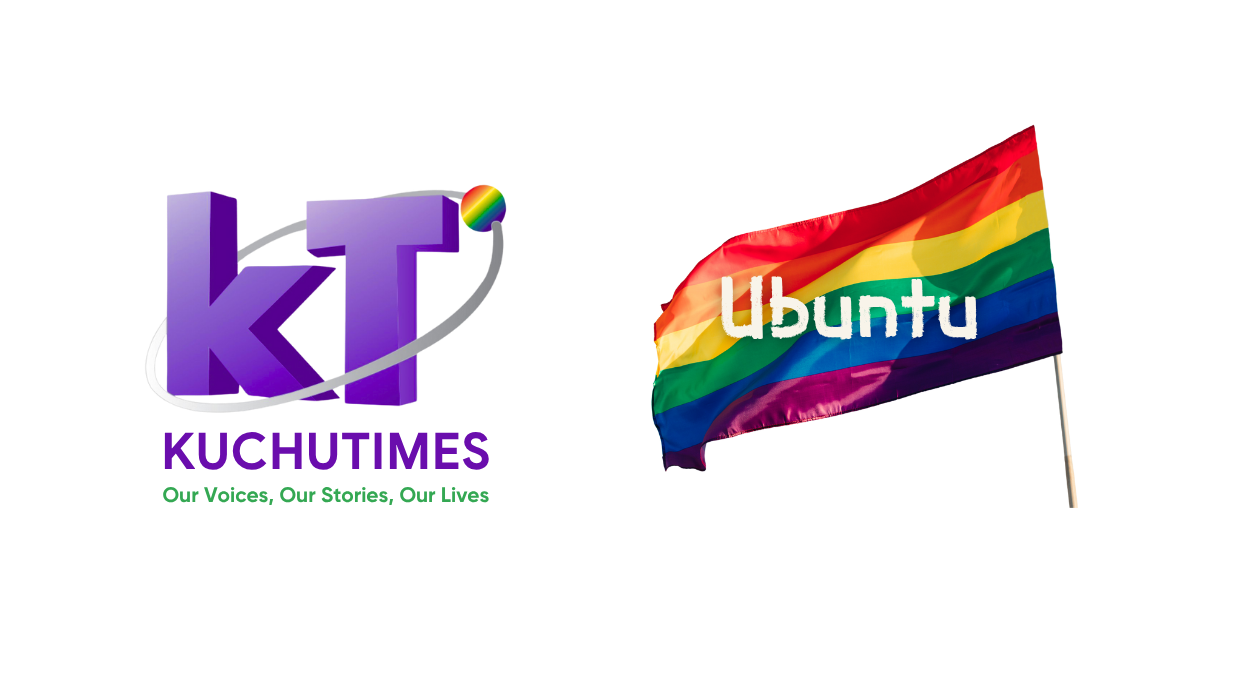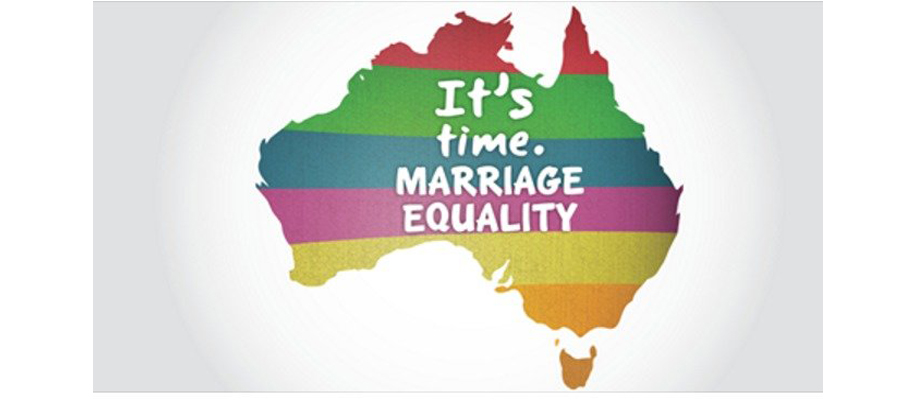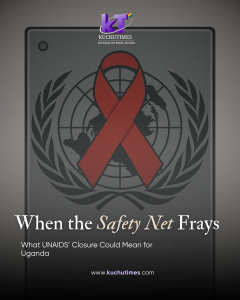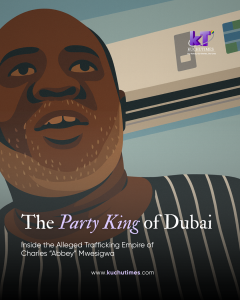Australia’s parliament has legislated for marriage equality, passing a bill almost unanimously to allow two people, regardless of sex, to marry.
On Thursday the House of Representatives passed a cross-party bill after an unprecedented national postal survey gave unstoppable momentum to legislate the historic social reform.
Australia, which changed the law in 2004 to say that marriage is only between a man and a woman, now becomes the 25th country to recognise same-sex marriage.
The lower house passed marriage equality with almost all members of the governing Liberal-National Coalition joining Labor, the Greens, and crossbench MPs in a free vote to pass the bill which cleared the Senate last week without amendment.
The only no votes were Coalition MPs Russell Broadbent, Keith Pitt, David Littleproud and independent MP Bob Katter.
The speaker of the House of Representatives, Tony Smith, declared the vote carried, since fewer than five MPs opposed it, triggering a standing ovation from the parliamentarians and public gallery.
Some broke into a rendition of the chorus of one of the country’s many unofficial anthems: “I am, you are, we are Australian.”
The prime minister Malcolm Turnbull told the house that “Australia has done it - every Australian had their say, and they said ‘it’s fair, get on with it’.”
“We’ve voted today for equality, for love, it’s time for more marriages, more commitment, more love, more respect,” he said. “This is Australia: fair, diverse, loving and filled with respect.”
The attorney general, George Brandis, announced that on 9 December same-sex couples will be able “to lodge a notice of intended marriage”, paving the way for weddings as early as 9 January 2018.
The Labor opposition leader Bill Shorten said that LGBTI Australians were now equal and the laws reflect “a modern Australia, inclusive and fair”.
Appropriating Ecclesiastes 3, Shorten said there was a season for everything: “It is now a time to heal, a time to build, a time to laugh, a time to embrace, a time to love and now, at last, a time for marriage equality.”
Prominent LGBTI Australians including the swimming stars Ian Thorpe and Daniel Kowalski, the actor Magda Szubanski and the campaigner Kerry Phelps descended on the nation’s capital, Canberra, to celebrate the final legislative victory that has followed years of activism and a three-month community campaign by the Equality Campaign.
At a press conference after the vote, the Equality Campaign co-chair, Alex Greenwich, said: “We came, we saw and love finally conquered. Marriage equality is finally the law of the land.”
The veteran LGBTI rights campaigner Rodney Croome said: “This reform is a gift that we’re all here give to the next generation, a gift of equality and inclusion, for them to build a better Australia from.”
For thousands of same-sex couples who have already married in countries including New Zealand, Canada, Britain and the Netherlands, their marriages will be recognised automatically when the bill gets royal assent from the governor general in mid-December.
Couples hoping to marry in Australia will have to wait until the new year after the one month notice period to marry.
A Rainbow Families spokeswoman, Jacqui Tomlins, and her wife, Sarah, are one couple who will have their marriage recognised immediately, after they wed in Canada more than 12 years ago.
Tomlins told Guardian Australia it “has been a massive journey for us and our family” to marriage equality.
“When Sarah and I got married … our son was nine months old … and our daughters, who are 10 and 12, were just a twinkle in their mother’s eye.”
Tomlins was one of a few couples who brought a legal case to have their overseas marriage recognised, prompting Australia to change the law to exclude them in 2004.
“This is the end of a journey that has been bookended with two pieces of legislation: one that put discrimination in and one that will take the discrimination out,” she said.
Jason Tuazon-McCheyne and his husband, Adrian, are another couple who will be recognised. They married in Canada in 2004.
He likens the journey to the birth of children: with a long pregnancy, a “painful childbirth” in the last few weeks and months before his feeling of “elation and joy”.
“A weight taken off our shoulders,” he said.
The author of the cross-party bill, the Liberal senator Dean Smith, told ABC News on Thursday the passage of marriage equality was “a measure of what can be done when people put some of their partisan politics behind”.
Smith – the first openly gay federal parliamentarian in the Liberal party – said the historic social reform was “owned by everyone, it is owned by the Australian people”.
He credited advocates for the “great struggle for many, many years” and said despite the public attention on his role he was conscious that he was “called upon in the final few steps to make this happen”.
The attorney general, George Brandis, has declared that marriage equality will bethe “imperishable legacy” of Malcolm Turnbull’s Liberal-National Coalition government.
But the achievement of the 45th parliament may also be claimed in part by the Labor opposition, which has campaigned for a free vote on same-sex marriage and brought its numbers to bear, with almost all its members voting in favour.
When Turnbull took the prime ministership from his conservative predecessor, Tony Abbott, in September 2015, he retained the Coalition’s commitment to hold a national plebiscite on same-sex marriage before changing the law.
The move was controversial, with LGBTI groups objecting to a human rights question – equality before the law – being decided by popular vote.
Labor, the Greens and other opposition parties blocked the proposed plebiscite in the Senate in November 2016 and August 2017, leading the Turnbull government to launch a $100m voluntary national postal survey to fulfil its election commitment to give Australians a say.
In a bruising three-month campaign, opponents of marriage equality claimed same-sex marriage would have far-reaching negative consequences for gender education and claimed it would harm religious freedom and freedom of speech.
The yes camp’s Equality Campaign combined with moderate Liberals, Labor, the Greens, unions and the progressive campaign organisation Get Up to argue that same-sex marriage was a matter of equality and fairness.
On 15 November the Australian Bureau of Statistics announced that 61.6% of Australians who took part voted yes, an overwhelming win that led to Smiths’ cross-party bill being passed unamended by both houses of parliament.
Tuazon-McCheyne said the postal survey was “rubbish” and “unnecessarily painful”. But he said he loved the fact that the Australian people had rejected fear campaigns that had “questioned the legitimacy of LGBTI people and our families”.
“I love the fact the Australian people turned it on its head, and forced [the parliament] to pass legislation without amendments … 62% was an overwhelming win in a vote designed to maximise the no vote.”
Tuazon-McCheyne said he would “cry with relief” when the result was sealed.
“I’m embarrassed how much I’ve been crying,” he said. “It’s something I’ve been working on for 18 years.”
SOURCE: www.theguardian.com




